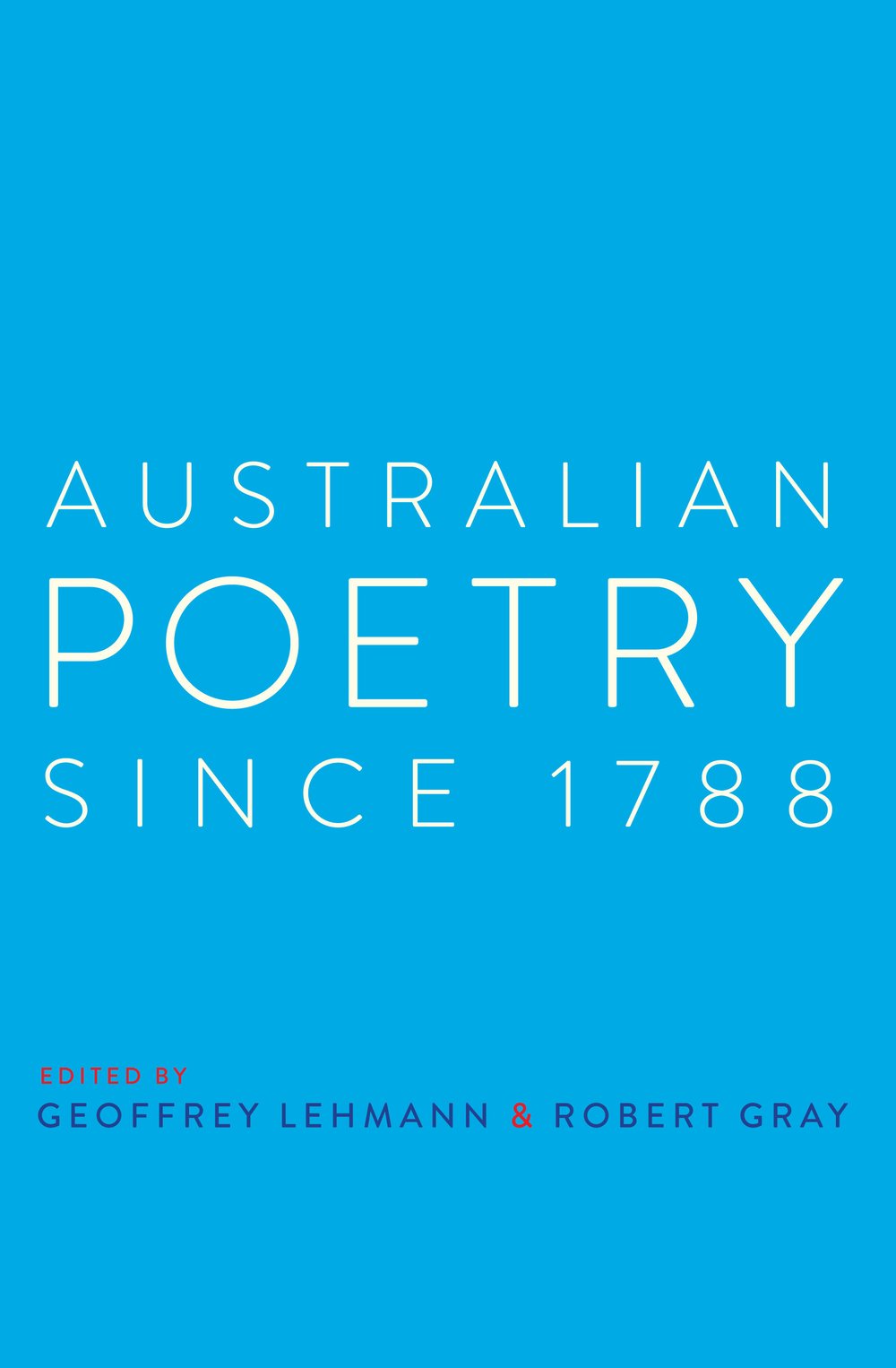I came across poetry first in anthologies – various, outmoded, inherited anthologies among my parents’ books. I still remember copying Charles Harpur’s ‘A Mid-Summer Noon in the Australian Forest’ into the journal I kept when I was seven. Oddly, when I read it then, what it called to mind was not the Australian forest but the suburb where I lived: vacant, well-tended; terrain marked out always by the sound of someone mowing – mowing always out of sight.
Still, the word ‘broods’ conjures for me that poem and, through the poem, that stopped world where, walking the streets on a hot day in summer, one seemed to enter into unformulated existence – time itself.
Not a bird disturbs the air,
There is quiet everywhere;
Over plains and over woods
What a mighty stillness broods.
It was perhaps the half-rhyme of ‘woods’ and ‘broods’ which made the poem so compelling: ‘woods’ sounding softly, like an echo returning before the first word is said.
Reading is by its nature wayward and idiosyncratic, and every poet is secretly an anthologist. That is one reason poets argue every time a new anthology comes out. Every poet has a collection of poems – often unlikely, even unpredictable – which have at one time, and perhaps because of one word, possessed the imagination. These together make a history of experience – useless to try to separate the experience of reading from the experience of fact.
What an anthologist wants is probably something like what a poet wants: to make, out of that history of experience, some experience safe from history. If anthologies are, by the nature of reading, individual – the word from the Greek, ‘flower-gathering’ – still they lend poems the life of a monument.
I never once imagined Charles Harpur. I knew in only the most theoretical way that people wrote poems. If I had imagined Harpur, I would have imagined someone who had walked through the door of the poem into the world behind the book – that world behind all books, where images are facts. Harpur is not a poet I read often now. Still his poem, because it wove itself into my early memories, brings home the strangeness as well as the pleasure of having poems in the same anthology, more than a thousand pages later. When I was copying that Harpur poem into my journal, my farthest ambition was to have two or three poems in some anthology that would last.
Some of Lisa Gorton’s poems, along with Charles Harpur’s ‘A Mid-Summer Noon in the Australian Forest’, grace the pages of Australian Poetry Since 1788 edited by Geoffrey Lehmann and Robert Gray, published by UNSW Press.
